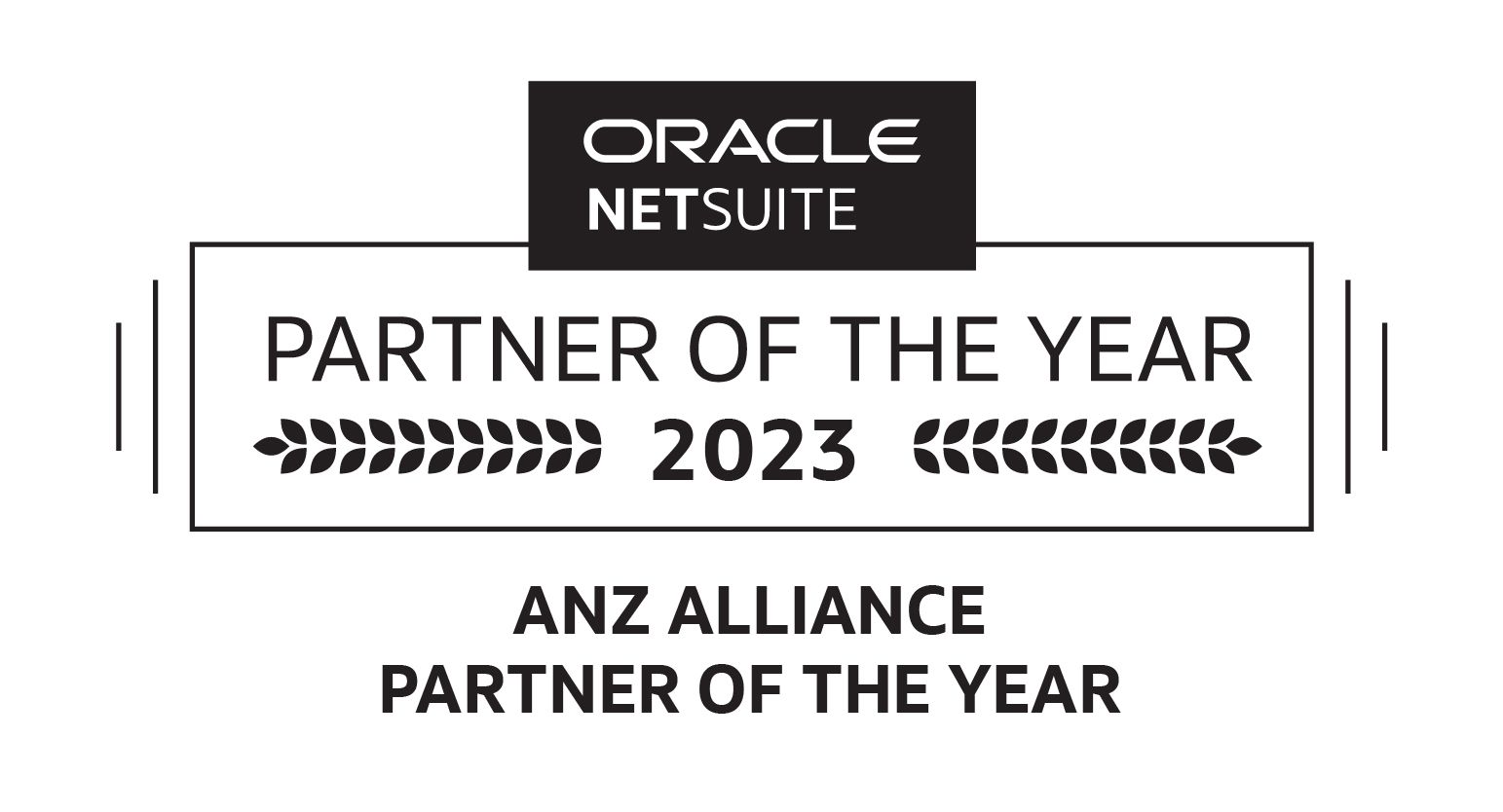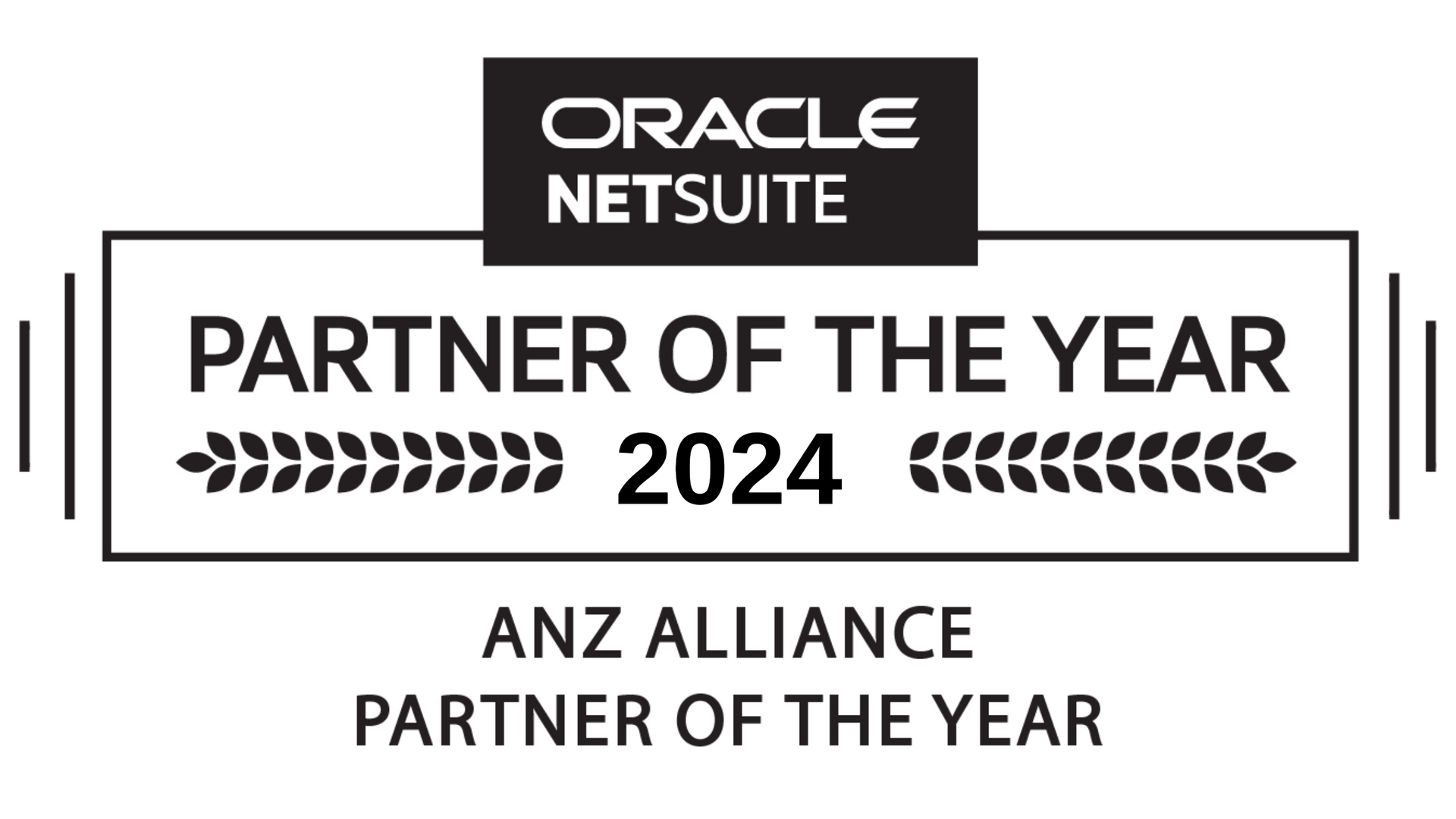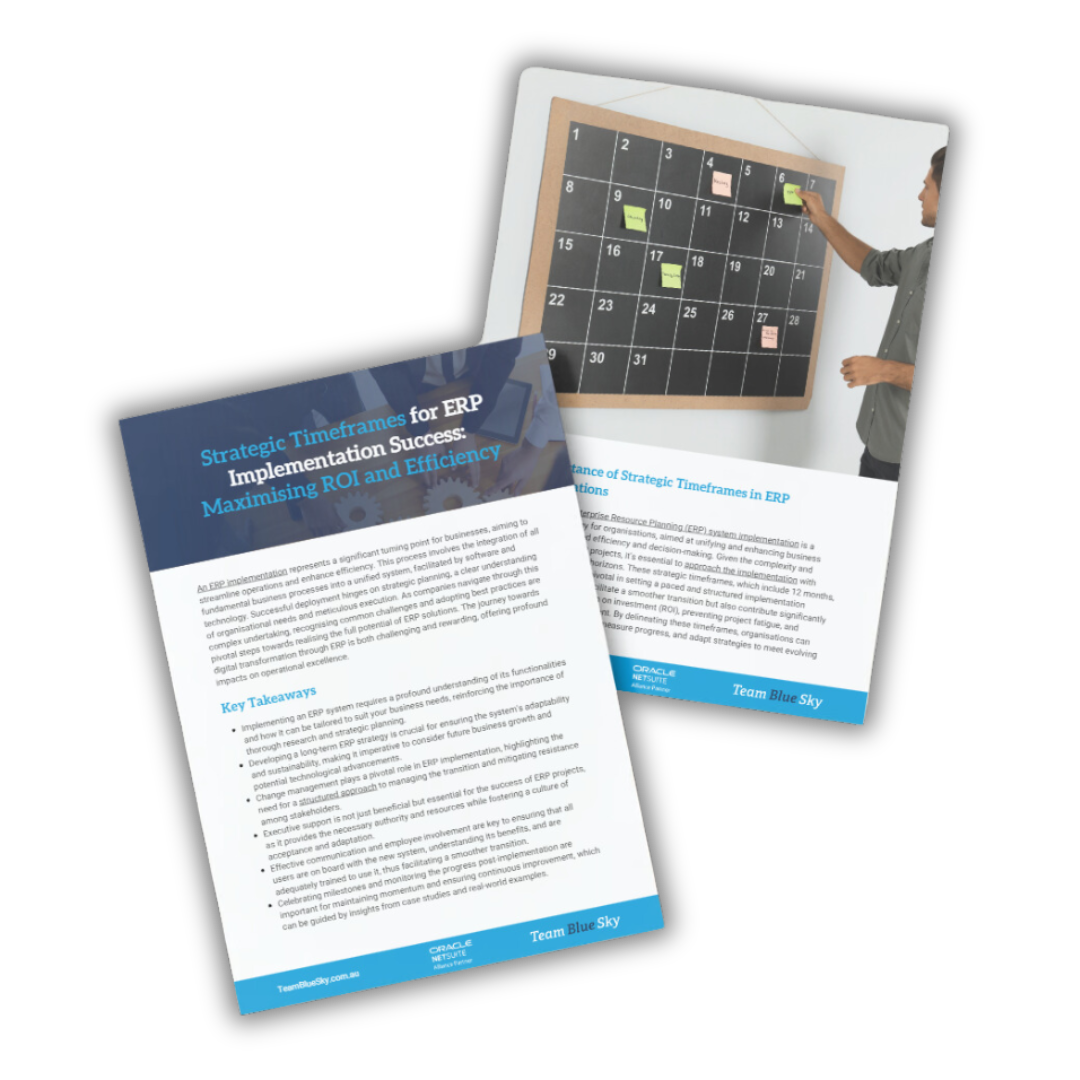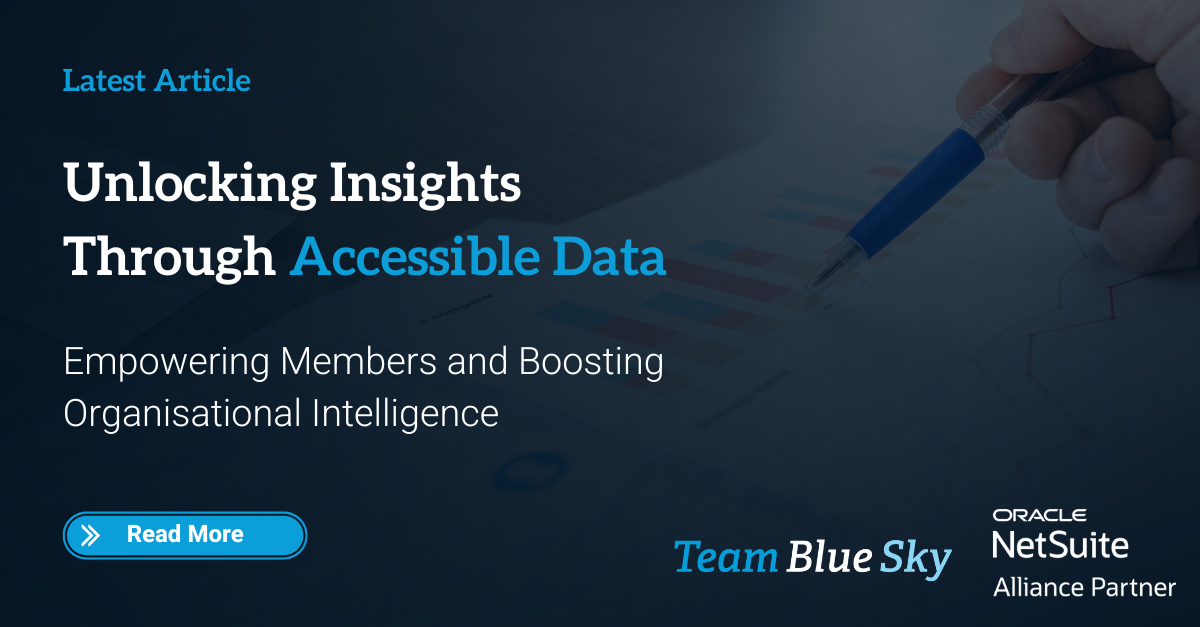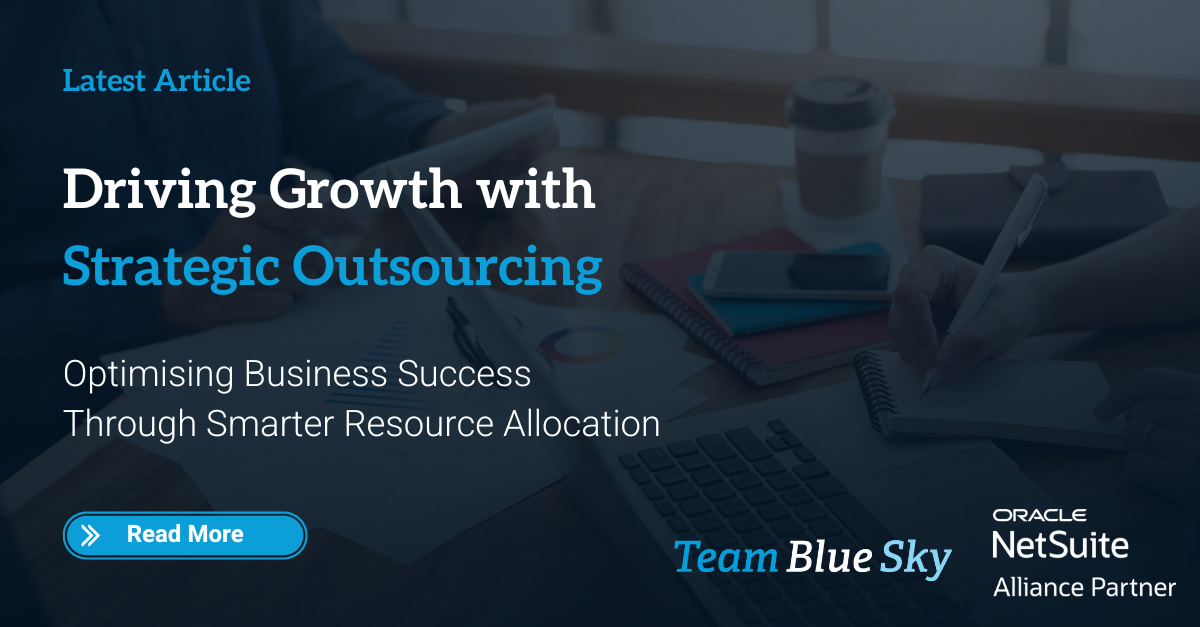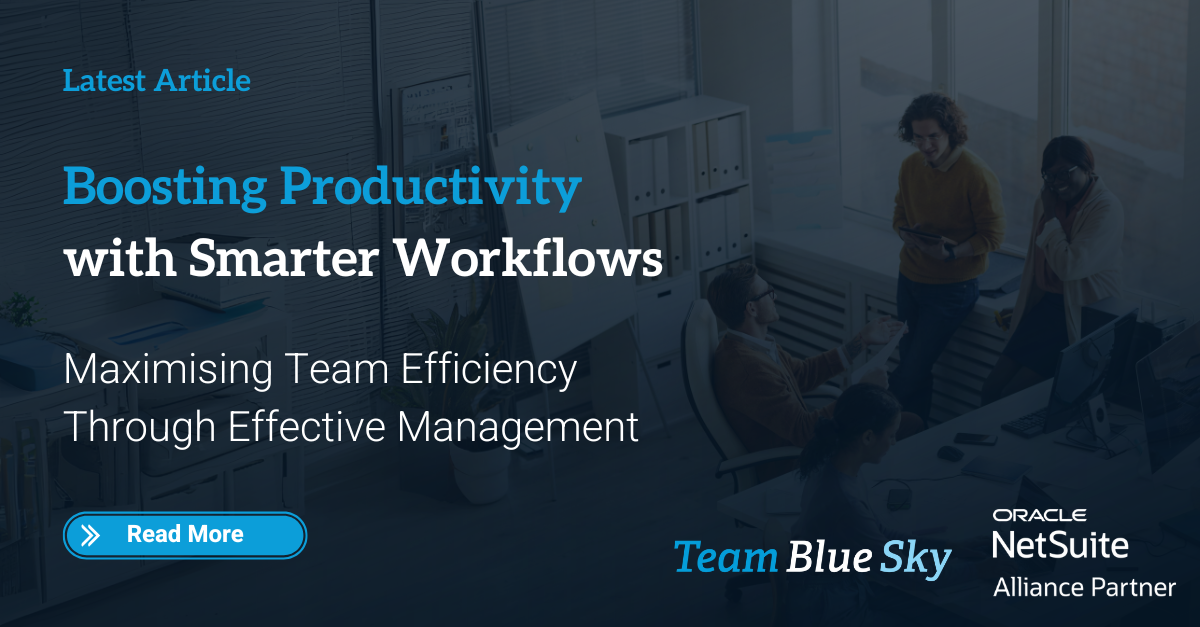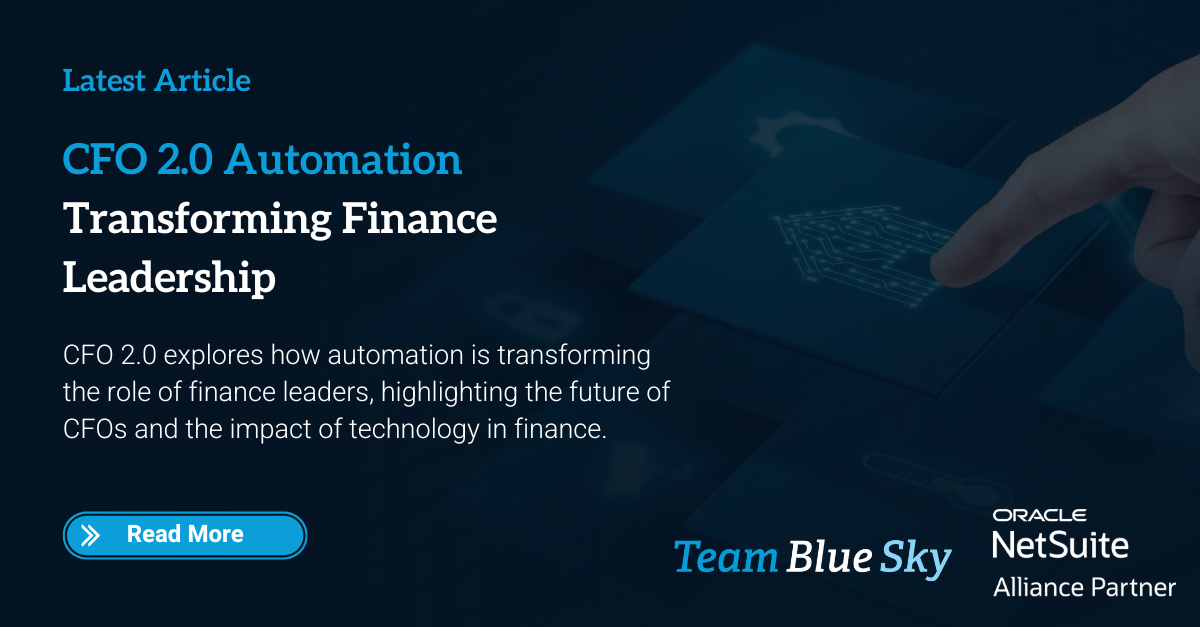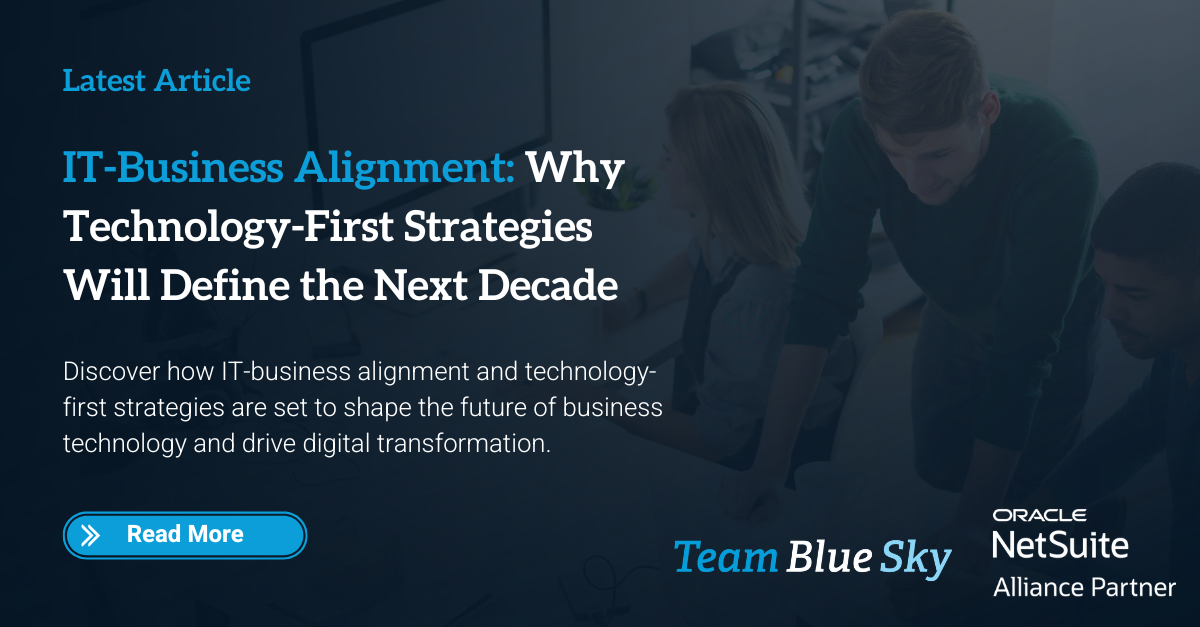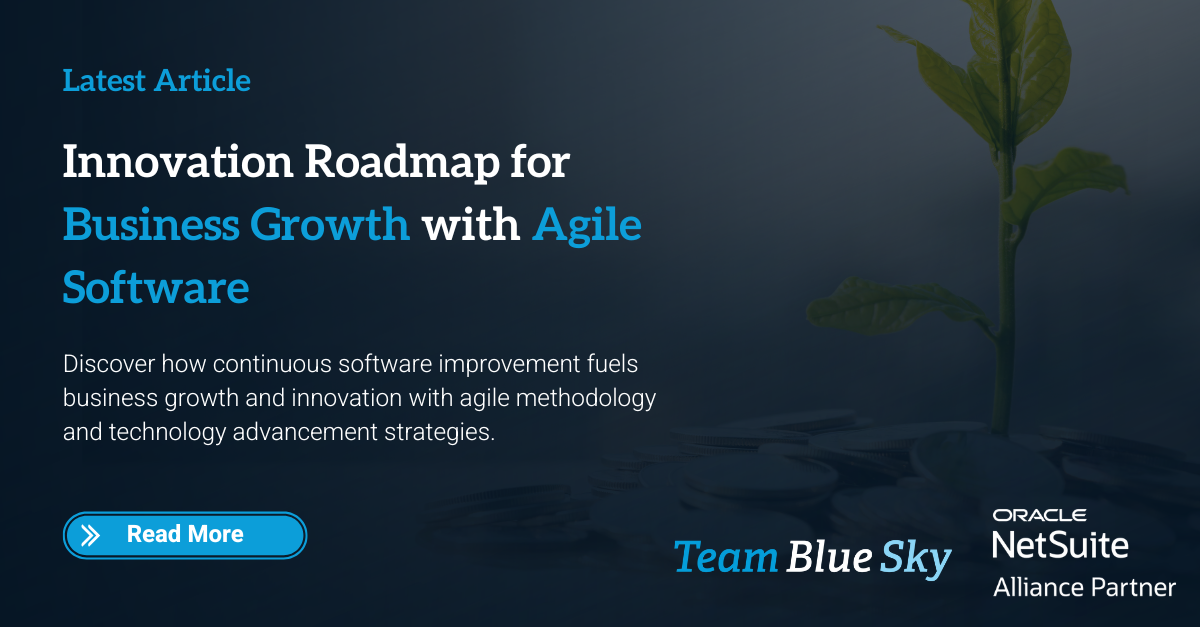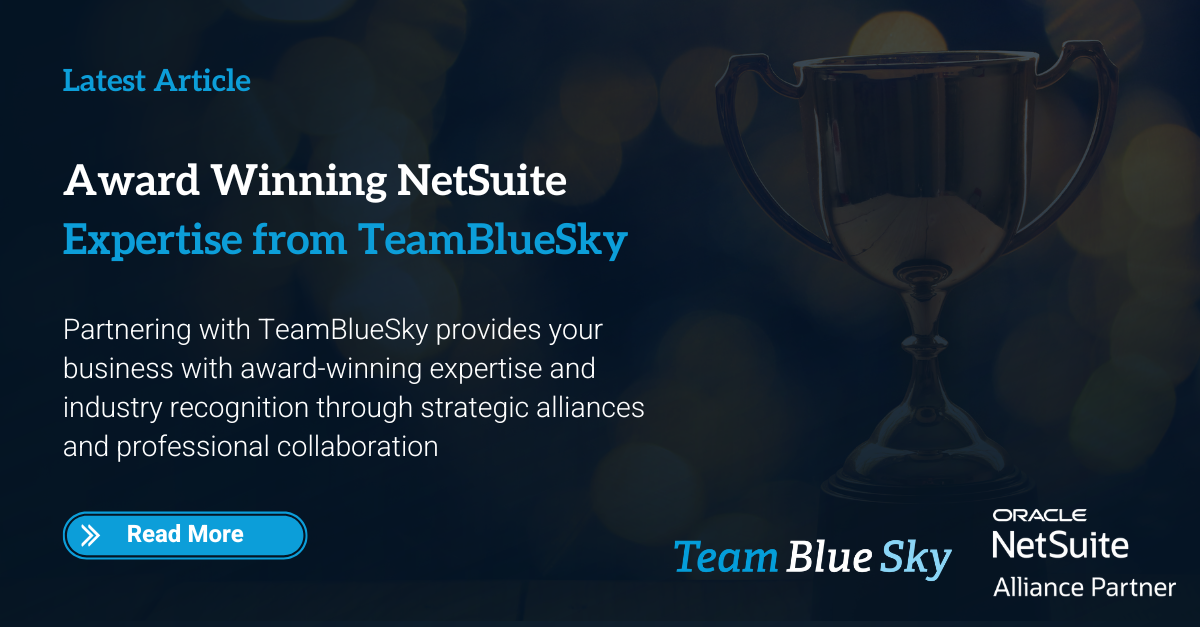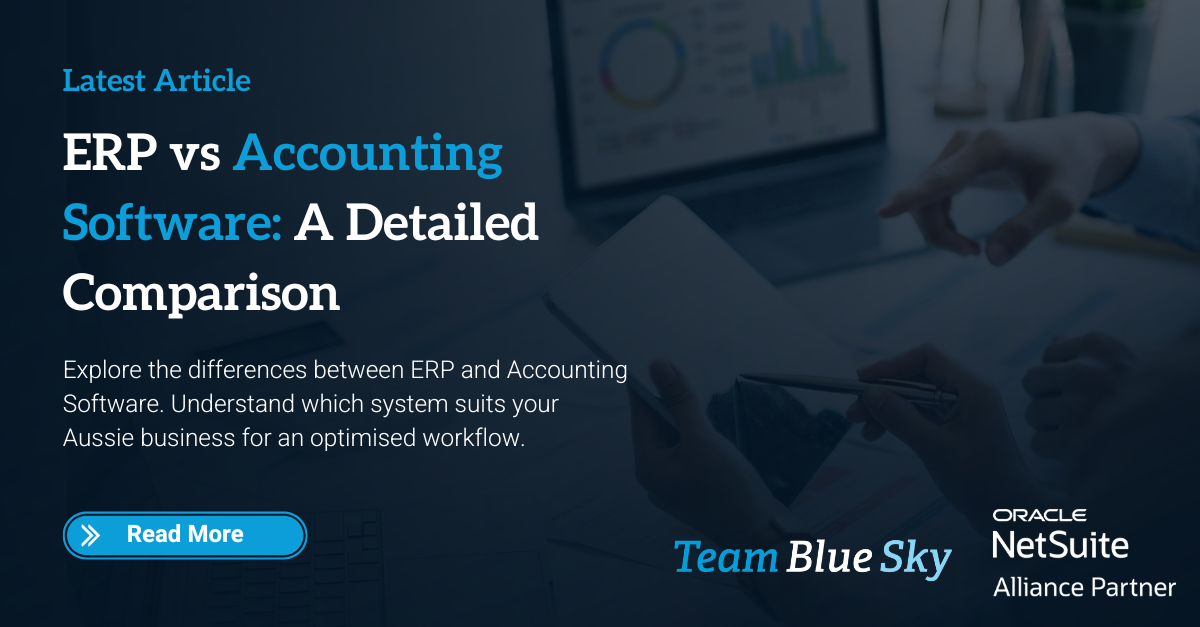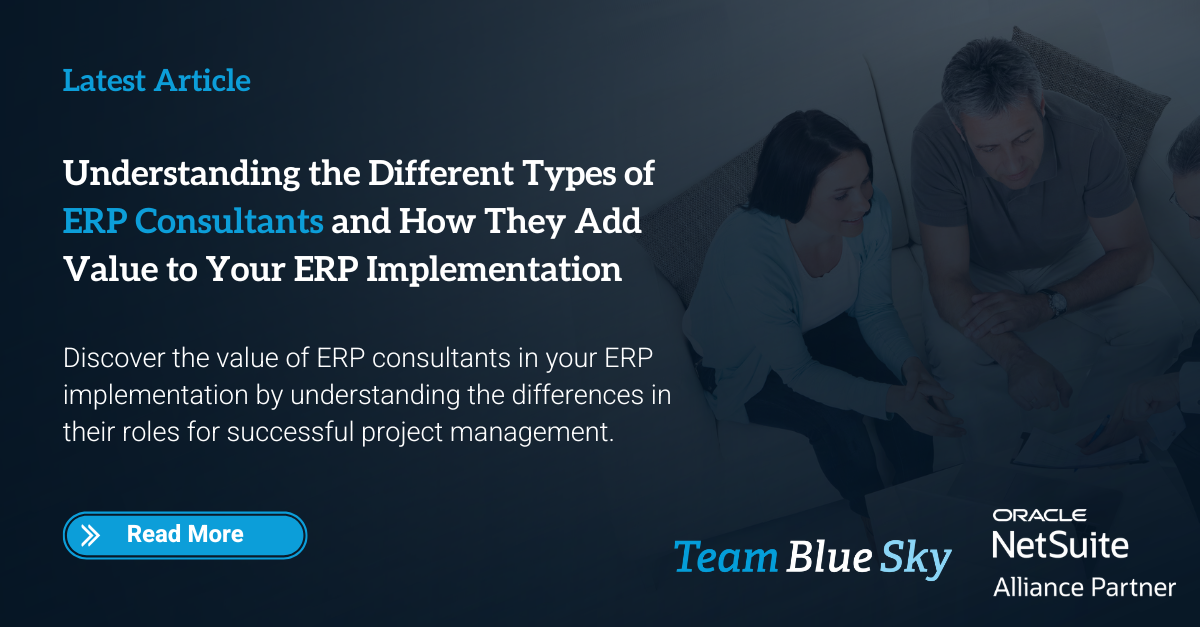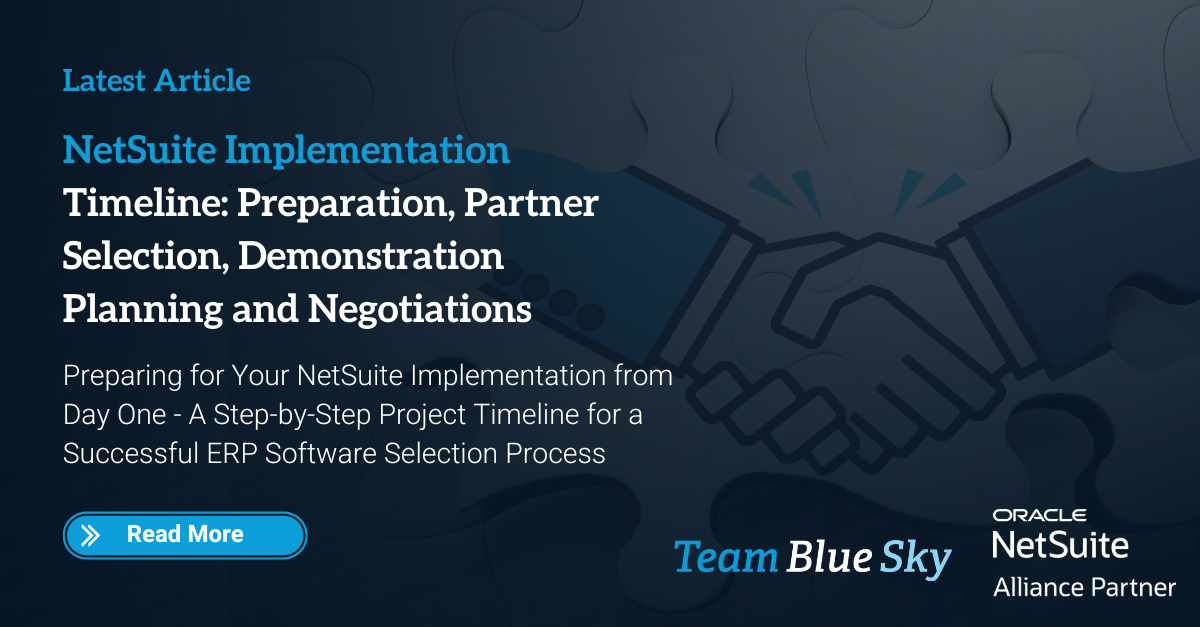Strategic Timeframes for ERP Implementation Success: Maximising ROI and Efficiency
An ERP implementation represents a significant turning point for businesses, aiming to streamline operations and enhance efficiency. This process involves the integration of all fundamental business processes into a unified system, facilitated by software and technology. Successful deployment hinges on strategic planning, a clear understanding of organisational needs and meticulous execution. As companies navigate through this complex undertaking, recognising common challenges and adopting best practices are pivotal steps towards realising the full potential of ERP solutions. The journey towards digital transformation through ERP is both challenging and rewarding, offering profound impacts on operational excellence.
Key Takeaways
- Implementing an ERP system requires a profound understanding of its functionalities and how it can be tailored to suit your business needs, reinforcing the importance of thorough research and strategic planning.
- Developing a long-term ERP strategy is crucial for ensuring the system's adaptability and sustainability, making it imperative to consider future business growth and potential technological advancements.
- Change management plays a pivotal role in ERP implementation, highlighting the need for a structured approach to managing the transition and mitigating resistance among stakeholders.
- Executive support is not just beneficial but essential for the success of ERP projects, as it provides the necessary authority and resources while fostering a culture of acceptance and adaptation.
- Effective communication and employee involvement are key to ensuring that all users are on board with the new system, understanding its benefits, and are adequately trained to use it, thus facilitating a smoother transition.
- Celebrating milestones and monitoring the progress post-implementation are important for maintaining momentum and ensuring continuous improvement, which can be guided by insights from case studies and real-world examples.
The Importance of Strategic Timeframes in ERP Implementations
Embarking on an Enterprise Resource Planning (ERP) system implementation is a transformative journey for organisations, aimed at unifying and enhancing business processes for improved efficiency and decision-making. Given the complexity and extensive scope of ERP projects, it's essential to approach the implementation with clearly defined planning horizons. These strategic timeframes, which include 12 months, 3 years, and 5 years, are pivotal in setting a paced and structured implementation roadmap. They not only facilitate a smoother transition but also contribute significantly to achieving a quicker return on investment (ROI), preventing project fatigue, and ensuring ongoing improvement. By delineating these timeframes, organisations can better manage expectations, measure progress, and adapt strategies to meet evolving business needs.
The 12-Month Horizon: Laying the Foundation for Quick Wins
Setting Immediate Goals for Rapid Deployment
The first year of ERP implementation is crucial for establishing momentum and securing quick wins. Prioritising essential functionalities for a swift go-live phase allows organisations to demonstrate early value from their investment. Focusing on core features that directly impact operational efficiency ensures that the business can start experiencing benefits in a short period. This approach not only sets a positive tone for the entire project but also provides a practical framework for scaling up the ERP system in subsequent phases.
The 3-Year Horizon: Consolidating Gains and Expanding Capabilities
Building Upon Initial Successes for Further Integration
After laying the groundwork in the first year, the next phase focuses on consolidating those early gains and further integrating the ERP system across the organisation. This involves extending its functionalities to additional business areas and processes, thereby amplifying the system's benefits. Such expansion reinforces the organisation's commitment to fully leveraging technology for operational excellence. It also enables a more holistic transformation of business processes, ensuring that the ERP system becomes an integral part of the organisational fabric.
Driving ROI through Process Optimisation
The period up to the three-year mark is critical for realising the full return on investment from the ERP implementation. By concentrating efforts on process optimisation and efficiency gains, organisations can begin to see significant cost savings and productivity improvements. This phase is about translating the operational capabilities of the ERP system into tangible financial benefits. It involves refining and enhancing business processes to maximise the utility of the ERP system, thereby driving continuous improvement and contributing to the organisation's bottom line.
The 5-Year Horizon: Achieving Transformation and Long-Term Value
As organisations approach the five-year milestone in their ERP journey, the focus shifts towards leveraging the system for business transformation and long-term value creation. This horizon is about realising the strategic potential of the ERP system to fundamentally alter how the organisation operates and competes in the market. It involves embedding a culture of continuous improvement, where incremental enhancements are made regularly to adapt to changing business needs and technological advancements. By this stage, the ERP system should not only support current operations but also provide a scalable platform for future growth and innovation, ensuring the organisation remains agile and responsive in a dynamic business environment.
Cultivating a Culture of Continuous Improvement
By the five-year mark, fostering a culture of continuous improvement becomes paramount. This culture ensures that the organisation does not become complacent but rather views the ERP system as a tool for ongoing enhancement and innovation. Encouraging employees to regularly seek out ways to leverage the ERP for process improvements instils a proactive approach to problem-solving and efficiency. This mindset shift is crucial for sustaining the long-term value of the ERP investment, as it promotes adaptability and resilience in the face of evolving market demands and technological trends. Furthermore, it empowers employees by giving them a stake in the system's success and fosters a sense of ownership and engagement across the organisation.
Future-Proofing the Business
A significant goal of the five-year horizon is to ensure that the ERP system and, by extension, the business itself, is future-proofed. This means preparing the organisation not just to meet current challenges but to anticipate and respond to future opportunities and threats. The ERP system should be scalable and flexible enough to accommodate growth, introduce new products or services, and enter new markets. Moreover, it should be capable of integrating new technologies that can further enhance business operations, such as AI, IoT, or blockchain. Future-proofing the business through ERP scalability ensures that the organisation remains competitive and can continue to innovate and grow in an ever-changing business landscape.
Understanding ERP Systems
Celebrating Success and Monitoring Progress
Celebrating Successes
After the hard work that goes into an ERP implementation, recognising team efforts is crucial. Teams feel valued when their achievements are celebrated. This can be through simple gestures like thank-you emails, awards, or company-wide announcements.
Another one of the many advantages of celebrating success is that sharing positive stories boosts morale across the organisation. It turns abstract goals into tangible outcomes that everyone can relate to. For instance, completing a major phase in the ERP project on time and under budget is noteworthy. Such achievements set benchmarks for future projects, providing clear examples of what is possible.
Monitoring Progress
Monitoring progress is essential to ensure that the ERP system delivers its intended benefits. Regularly measuring performance against pre-defined Key Performance Indicators (KPIs) keeps teams aligned with strategic goals. These KPIs might include operational efficiency, cost savings, or customer satisfaction rates.
Periodic audits help maintain adherence to best practices and identify areas for improvement. Feedback from these audits allows for real-time adjustments to strategies based on current performance metrics and emerging challenges. Adjusting strategies based on feedback ensures that the ERP system continues to meet organisational needs effectively.
Closing Thoughts
Viewing ERP implementation through the lenses of 12-month, 3-year, and 5-year horizons offers a structured framework for navigating this complex process. This phased approach not only facilitates faster implementation and quicker realisation of ROI but also supports the achievement of long-term business transformation. By adopting strategic, time-phased planning and focusing on continuous improvement, organisations can ensure that their ERP investment delivers sustainable success and drives operational excellence well into the future.
Frequently Asked Questions
What is an ERP system?
An Enterprise Resource Planning (ERP) system is a comprehensive software platform that integrates core business processes to facilitate streamlined operations and effective data management across an organisation. By consolidating data from various departments into a single unified system, ERP software enhances operational efficiency, improves data accuracy, and provides valuable insights for decision-making.
How important is a long-term ERP strategy?
Developing a long-term ERP strategy is essential for ensuring the system remains adaptable and sustainable over time, aligning with the organisation's evolving business goals and technological advancements. A strategic approach allows for the anticipation of future needs, guiding the phased implementation and continuous improvement of the ERP system to maximise its value and relevance.
What role does change management play in ERP implementation?
Change management is a critical component of ERP implementation, addressing potential resistance, fostering acceptance among employees, and ensuring a smooth transition to the new processes and systems introduced. It involves strategic planning, communication, training, and support to help employees understand, adapt to, and embrace the changes brought about by the ERP implementation.
Why is executive support critical for successful ERP implementation?
Executive support is crucial for the success of an ERP implementation as it provides the necessary resources, authority, and organisational commitment required to drive the project forward. Leadership from the top sets a positive tone, demonstrating the strategic importance of the ERP system, and encourages a culture of change and adaptation throughout the company.

Henry Sack
General Manager

With over 12 years of experience as a NetSuite implementation consultant, Henry Sack leads TeamBlueSky’s team of NetSuite and accounting experts in his role of General Manager.
TeamBlueSky is a leading Australian
NetSuite Alliance Partner whose mission is to provide critical
NetSuite BPO and
Payroll services to NetSuite clients who are wanting to simplify their
back office processes and partner with a leading
NetSuite administration expert.
TeamBlueSky have also partnered with global Suite Developer Network partners to offer local solutioning, implementation and support services for global NetSuite SuiteApps.


